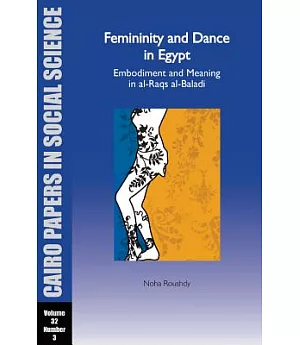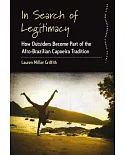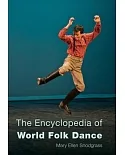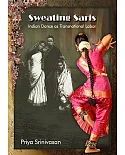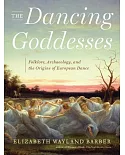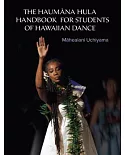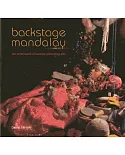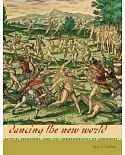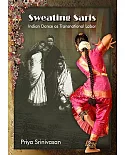Considering the paradoxical position of al-raqs al-baladi or "belly dance" in Egyptian social life, as both a vibrant and a contested cultural form, this issue ofCairo Papers in
Social Science considers the impact of wider socio-cultural and political forces on the marginalization of professional performers, on the one hand, and in defining the parameters for
non-professional performances on the other hand. Through interviews with professional and non-professional female dancers in Egypt, it explores the relationship betweenal-raqs
al-baladi and the dynamic cultural repertoire that produces notions of femininity and normative personhood in Egypt. As a dance that Egyptians learn in childhood, it exposes the cardinal
relationship between culture and body movement. The study received the Magda al-Nowaihi Award for best graduate work on gender studies in 2010.Cairo Papers inSocial Science
32/3

